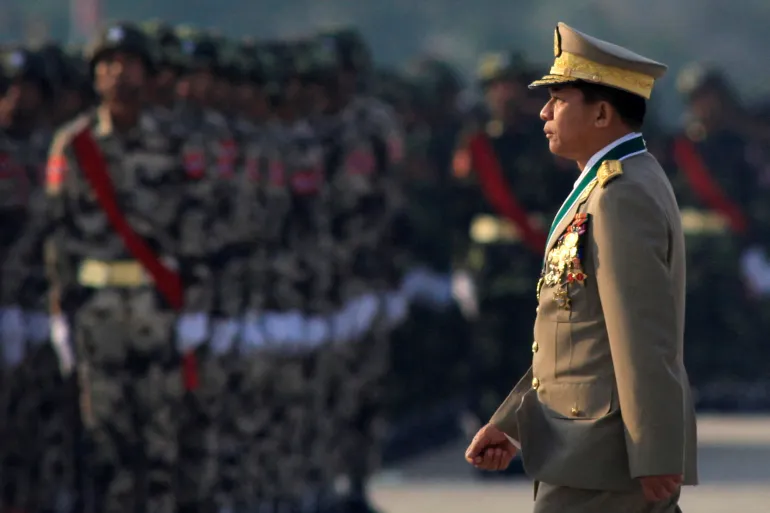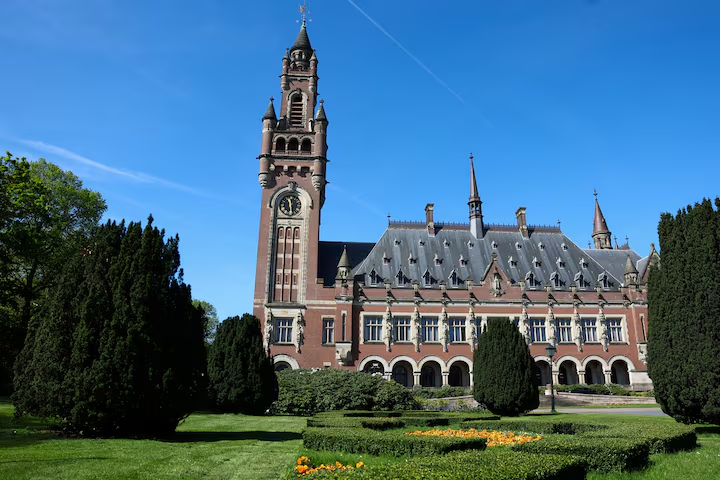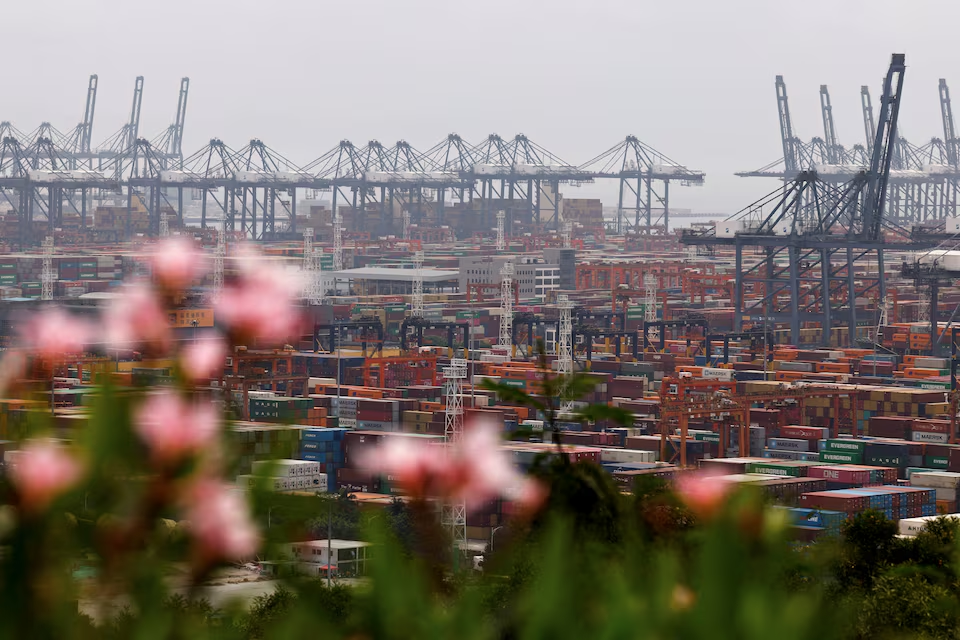Malaysia is calling for an extension of Myanmar’s temporary ceasefire, urging greater pressure on the military junta as Southeast Asia’s top regional bloc, ASEAN, intensifies its isolation of the country’s coup-installed leadership. The call comes amid growing concern over Myanmar’s ongoing civil conflict, humanitarian crisis, and stalled efforts to restore democracy.
On May 25, 2025, Malaysian Foreign Minister Mohamad Hasan said extending the fragile ceasefire was “critical” to easing civilian suffering and reopening channels for political dialogue and humanitarian aid.
“Myanmar must not be allowed to spiral into permanent instability,” Hasan warned. “We urge the junta to commit to an extended ceasefire and engage with all stakeholders.”
🛑 Junta Faces ASEAN Freeze-Out
ASEAN, the 10-member regional bloc, has continued its exclusion of Myanmar’s military leaders from high-level summits, reaffirming a policy first introduced after the February 2021 coup. The ban was extended amid the junta’s refusal to implement the group’s Five-Point Consensus, which calls for dialogue, an end to violence, and humanitarian access.
The junta’s ongoing military offensives against pro-democracy forces and ethnic armed groups have left thousands dead and displaced over two million people. With resistance movements gaining ground, analysts say the military’s grip on power is weaker than it appears, prompting fears of state collapse if diplomacy fails.
“ASEAN must step beyond symbolic sanctions,” said a regional diplomat. “Concrete measures are needed — and Malaysia is leading that charge.”
🤝 Ceasefire Push and Humanitarian Needs
Malaysia’s appeal follows a brief Ramadan ceasefire brokered earlier this year, which offered limited respite but failed to translate into lasting de-escalation. Aid organizations operating near the Thai and Indian borders report that access to displaced populations remains restricted, while healthcare systems have collapsed in many conflict zones.
Kuala Lumpur is proposing an ASEAN-led initiative to monitor compliance with any extended ceasefire and to coordinate a regional humanitarian corridor, possibly with UN support.
🌍 Broader Regional Stakes
The instability in Myanmar has regional implications. Spillover violence, refugee flows, and cross-border arms smuggling have alarmed neighboring countries including Thailand, Bangladesh, and India. There are also growing concerns about the influence of China and Russia, both of which maintain strong ties with Myanmar’s military regime.
ASEAN, traditionally bound by non-interference, now finds itself at a diplomatic crossroads. Malaysia, Indonesia, and the Philippines have led calls for a stronger stance, while nations like Thailand and Cambodia remain more cautious.
“The credibility of ASEAN is on the line,” said a Southeast Asia analyst. “This isn’t just about Myanmar — it’s about the future of the region’s stability.”
What to Watch
- Whether the junta agrees to an extended, monitored ceasefire
- ASEAN’s next summit and potential diplomatic penalties for non-compliance
- Rising role of China, India, and the UN in managing the crisis
- Status of humanitarian access and international donor involvement
- The evolution of armed resistance groups challenging military rule
Malaysia’s assertive diplomacy is reshaping ASEAN’s traditionally cautious posture, signaling that the region’s patience with Myanmar’s generals is wearing thin. As the country teeters between civil war and collapse, the question now is whether regional resolve can outpace repression — and deliver peace before Myanmar unravels entirely.
Source; Al Jazeera



